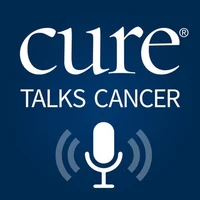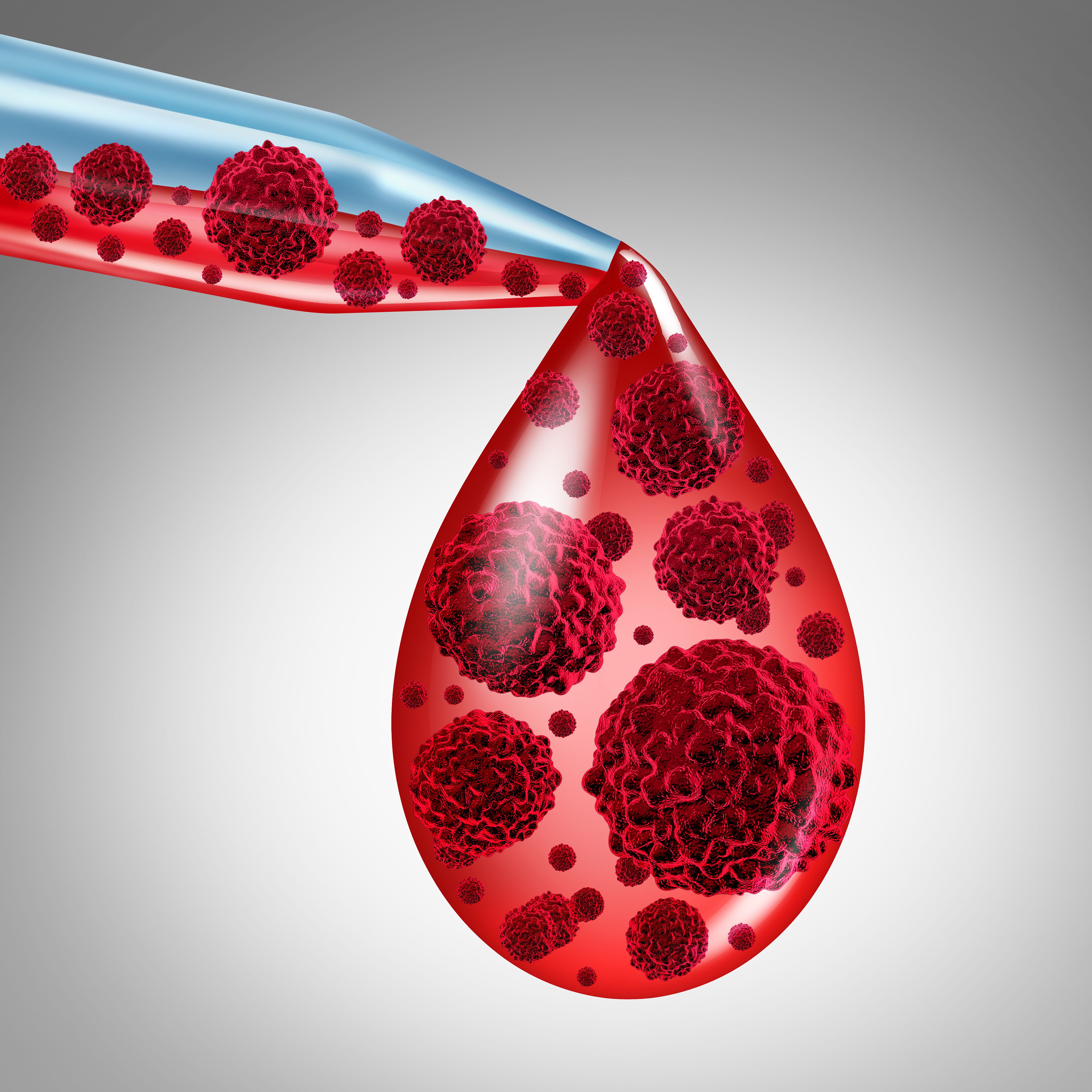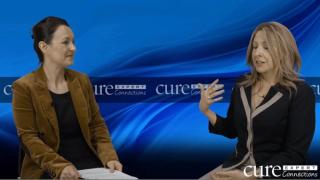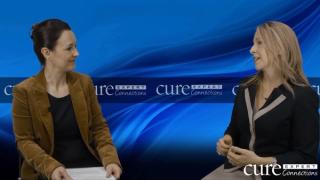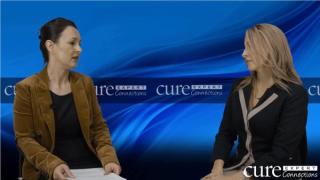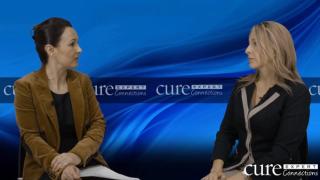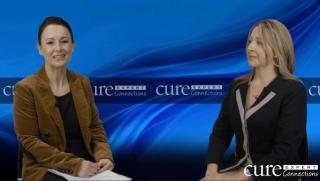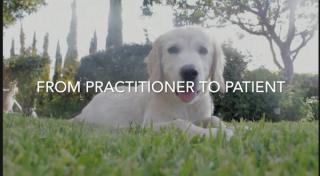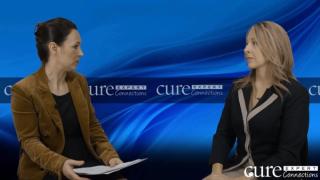
Non-Hodgkin Lymphoma
Latest News
Latest Videos
More News

From a new study showing data that patients with cancer, especially Black patients with cancer, are at a higher risk for COVID-19 than non-cancer patients to NFL punter Rigoberto Sanchez making a speedy recovery after surgery for cancer, here’s what’s happening in the cancer space this week.

For multiple patients with blood cancers who would normally use Rituxan, the Food and Drug Administration has approved the biosimilar Riabni based off highly similar clinical evidence between the two drugs, potentially lowering costs for patients.
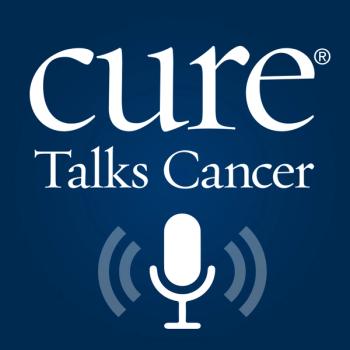
In this episode of the “CURE Talks Cancer” podcast, we spoke with Dr. Asher Chanan-Khan about current standards of care for Waldenstrom macroglobulinemia, as well as a clinical trial looking at a novel therapy.

In an interview with CURE®, a Waldenstrom’s macroglobulinemia expert discusses the long-term benefits of the targeted combination of Imbruvica and Rituxan.
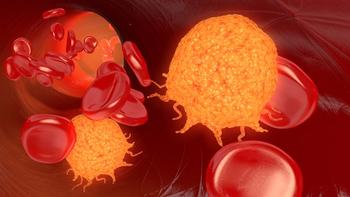
The benefit observed in patients with Waldenstrom’s macroglobulinemia treated with Imbruvica (ibrutinib) plus Rituxan (rituximab), compared with placebo and Rituxan, focused on survival and response to the treatment, both of which occurred despite prior treatment and genotypes.
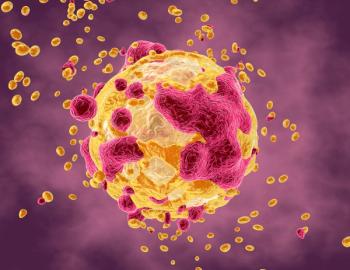
Safety and efficacy observed in this real-world study for patients with non-Hodgkin lymphoma similarly reflect findings from previous pivotal trials.

A novel type of immunotherapy known as chimeric antigen receptor, or CAR, T cell therapy is a hot topic in the news and in the lab. But what does this treatment consist of, and how was it developed?
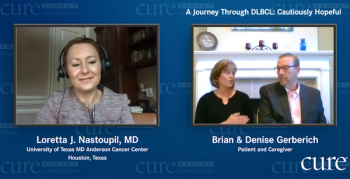
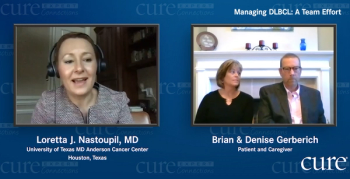
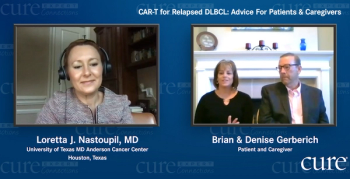
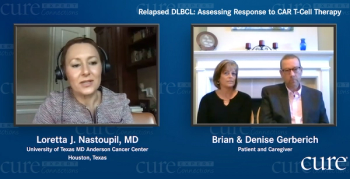
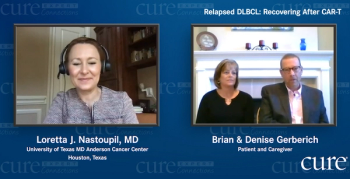
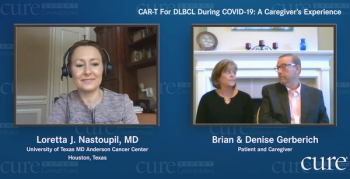
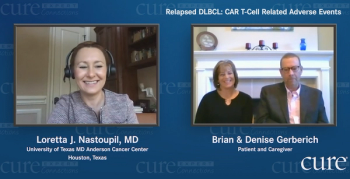
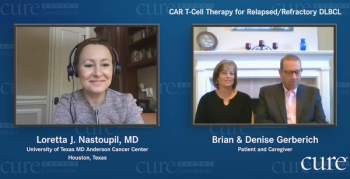
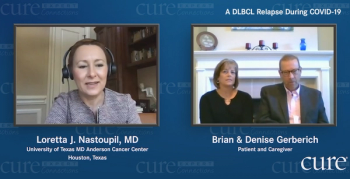
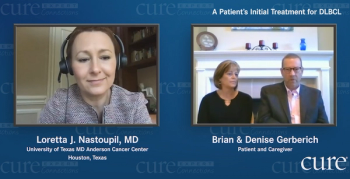
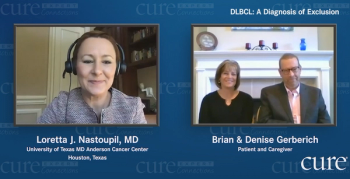

We have all been told we should stay off our phone before bed, but this study proves that the outdoor light at night is truly harmful long term and could increase the risk of non-Hodgkin lymphoma.
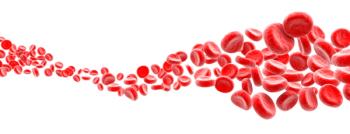
This combined treatment, which includes bendamustine, ofatumumab, carboplatin and etoposide, may serve as an effective bridge to stem cell transplantation.
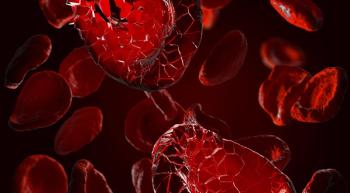
Finding cancer may be easier now, as blood tests are being developed to diagnose patients with asymptomatic cancer.

CAR-T cell therapy is a relatively new treatment option for patients with blood cancers, but it’s one showing promise across the landscape. Here’s what you need to know.

Outcomes for patients with Hodgkin lymphoma continue to improve, thanks to new drugs, according to Dr. Pamela Allen.
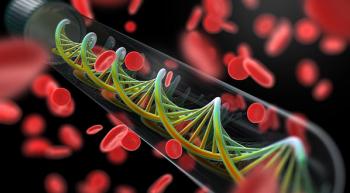
Three targeted drugs have recently been approved to treat diffuse large B-cell lymphoma, broadening the treatment options for patients with this aggressive blood cancer, according to Dr. Germame Ajebo.
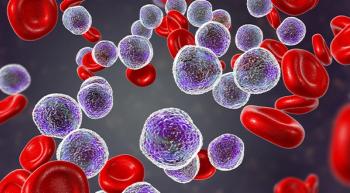
Giving fewer courses of chemotherapy and no radiation could become a new standard for patients with stage 1 or 2 diffuse large B cell lymphoma based on the results of a recent study.


